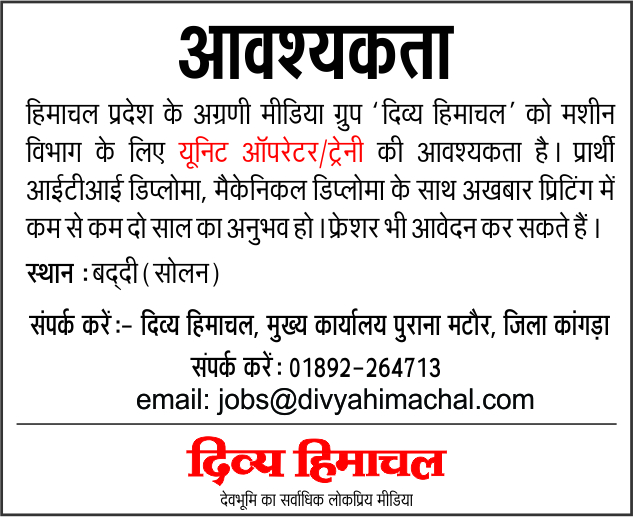Water Filtration Breakthrough Using Metal-Organic Frameworks
Researchers discover efficient and sustainable way to filter salt and metal ions from water

Dr. Huacheng Zhang, Professor Huanting Wang and Associate Professor Zhe Liu and their team in the Faculty of Engineering at Monash University in Melbourne, Australia, in collaboration with Dr Anita Hill of CSIRO and Professor Benny Freeman of the McKetta Department of Chemical Engineering at The University of Texas at Austin, have recently discovered that MOF membranes can mimic the filtering function, or ‘ion selectivity’, of organic cell membranes. With further development, these membranes have significant potential to perform the dual functions of removing salts from seawater and separating metal ions in a highly efficient and cost effective manner, offering a revolutionary new technological approach for the water and mining industries.
Currently, reverse osmosis membranes are responsible for more than half of the world’s desalination capacity, and the last stage of most water treatment processes, yet these membranes have room for improvement by a factor of 2 to 3 in energy consumption. Monash University’s Professor Huanting Wang said, “We can use our findings to address the challenges of water desalination. Instead of relying on the current costly and energy intensive processes, this research opens up the potential for removing salt ions from water in a far more energy efficient and environmentally sustainable way.” “Also, this is just the start of the potential for this phenomenon. We’ll continue researching how the lithium ion selectivity of these membranes can be further applied. Lithium ions are abundant in seawater, so this has implications for the mining industry who current use inefficient chemical treatments to extract lithium from rocks and brines.
-Source:www.sciencedaily.com
Keep watching our YouTube Channel ‘Divya Himachal TV’. Also, Download our Android App













